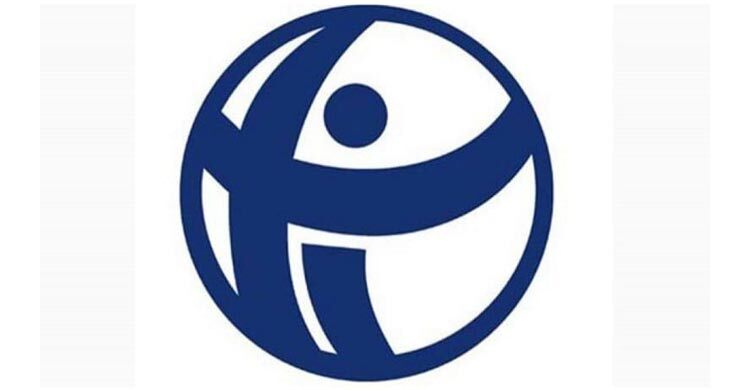India struggling to accept fall of AL regime: TIB

Transparency International Bangladesh has said that the Indian government, politicians, and media have failed to accept the fall of Bangladesh's authoritarian Awami League government following a mass uprising.
At a press conference held at the Midas Center in Dhaka on Monday (November 18), TIB presented a report titled "New Bangladesh: 100 Days After the Fall of the Authoritarian Government."
Chief Researcher Shahzada M Akram presented the findings, with introductory remarks by Executive Director Dr Iftekharuzzaman.
The report highlighted that India's reaction to the regime change in Bangladesh has been marked by denial and narratives emphasizing external interference.
Continued border killings: Despite strong protests from Bangladesh, border killings persist.
Sheikh Hasina’s refuge in India: TIB noted that former Prime Minister Sheikh Hasina and some AL politicians have taken refuge in India. Indian media and officials continue to emphasise external influences in the mass uprising that led to the regime's fall.
Propaganda against Bangladesh: Concerns over minority safety and deliberate disinformation campaigns in Indian media and social platforms are adding to the tension, the report said.
The report criticised India's response to the regime change, highlighting ongoing border killings and propaganda surrounding the security of minority communities. It also noted that former Prime Minister Sheikh Hasina and some AL politicians have sought refuge in India, with Indian media promoting narratives of external interference in the mass uprising.
TIB raised concerns about governance under the interim government, criticising the controversial process of banning political parties, decisions to suspend eight national days, and the continued activities of banned student organisations at universities.
Media freedom remains a concern, with 167 journalists reportedly stripped of press credentials and several media outlets facing closure attempts.
The report also scrutinised the handling of genocide trials, citing allegations of false cases, personal vendettas, and human rights violations during detentions and arrests. Questions were raised about the qualifications and political affiliations of judges and prosecutors at the International Crimes Tribunal.
TIB called for greater transparency and impartiality in governance to restore public confidence in the interim administration.

